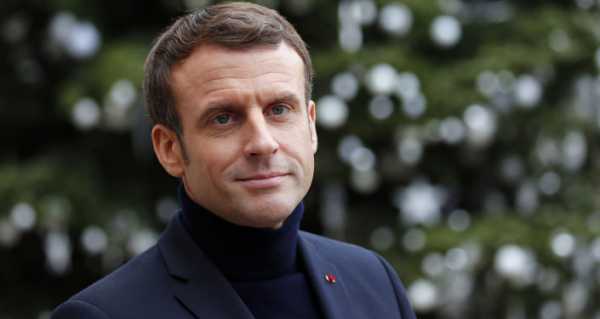
The independent body consists of high-profile academicians from across the world and rules on issues concerning social media content moderation. Essentially, it decides which posts the social network should delete or allow based on respect for freedom of expression and human rights.
The Oversight Board has ruled that Facebook should reinstate a post which called French President Emmanuel Macron a “devil” and seemingly called on users to carry out acts of violence against those who criticise the Prophet Muhammad. It also called for a boycott of French products.
The independent body said that while a minority of members viewed the post as “threatening some form of violent response to blasphemy”, the majority considered the references to President Macron and the boycott of French products as calls to action that are not necessarily violent.
The Oversight Board emphasised that international human rights standards allow people to “seek, receive, and impart” opinions, including those that may be deemed offensive by others. Accordingly, the board decided that just like people have the right to criticise “religions”, religious people have the right to express “offence at such expressions”.
The board noted, however, that its decision to reinstate the post does not imply endorsement of its content.
The body’s decisions are binding, meaning Facebook will have to implement them.
What is the Background?
In October, 47-year-old school teacher Samuel Paty was beheaded by a Muslim immigrant in a Paris suburb. The perpetrator killed Paty because he learned that the teacher had shown his students caricatures of the Prophet Muhammad. The caricatures were published by the satirical magazine Charlie Hebdo in 2015 and caused a wave of indignation in Muslim countries, as well as triggered a series of terrorist attacks in France that left 17 people dead and dozens injured. Samuel Paty showed the caricatures to his students during a lesson on free speech. Macron later defended the teacher calling him a hero, saying that “France will not give up our cartoons”.
This statement as well as a decision by the authorities to project the caricatures onto government buildings in memory of the slain teacher caused a wave of indignation in the Muslim world. Thousands took to the streets in Bangladesh, Malaysia, Lebanon, Pakistan, Turkey, and other countries. Several nations, including Turkey, called for a boycott of French products.
The Quran, the central religious text in Islam, doesn’t say anything about depictions of Allah or the Prophet Muhammad, nevertheless, many Muslims oppose portrayals of the prophet because it may lead to a temptation toward idol worship, while satire about the religion is considered blasphemous and in some countries is punishable by death.
Why is the Board’s Decision Important?
In March, the Oversight Board will decide whether Facebook should reinstate the account of former US President Donald Trump. Trump was banned by Facebook and other social networks following the storming of the Capitol by his supporters on 6 January. The riots left five people dead and more than a hundred police officers injured. Critics of the Republican accused him of encouraging his supporters to commit violent acts. Trump has denied the accusations.
Facebook also flagged Trump’s posts about alleged voter fraud in the 2020 presidential elections.
Richard Painter, a professor at the University of Minnesota Law School, said the board’s ruling on the post about President Emmanuel Macron “could” signal that the body may decide that the social network should reinstate Trump’s account.
The Oversight Board has overruled Facebook’s decisions in six out of seven cases.
Sourse: sputniknews.com






